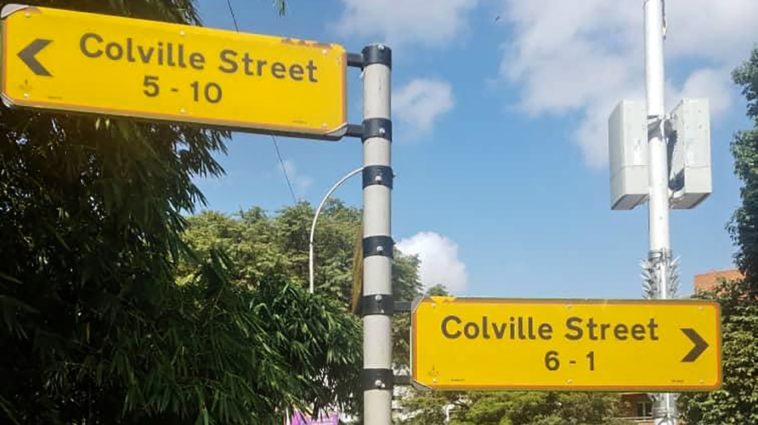The decolonization question on dismantling colonial symbols in Uganda is dangerously producing two intellectual camps – the nativist pundits whose history is of only a glorifiable past despite the well-intentioned agenda, and the African neo-colonial elite who court the West and couch their positions as Christian standpoints. In fact, the neo-colonial elite, in defence of the colonial symbols, have de-historicized the recent decolonization move and compared it to an act of banditry or terrorism. In contradistinction, however, some critics have rightly argued that the colonial symbols on our streets should come down because they went up through unwarranted violence.
Incidents following George Floyd’s death and Apollo Makubuya’s petition to rename roads/streets, bring down colonial statues, and pack them in the National Museum have given Uganda’s recent decolonisation campaign its international and local context. Yet, it is noteworthy that the call to rename roads and strike down statues in Uganda predates both Floyd and Makubuya. The regenerated discourse has been framed differently before, with some arguing that the street names are difficult to spell and pronounce. Others have emphasised that renaming of streets should be in the spirit of denouncing both the African leaders considered as dictators and Ugandan collaborators with the colonialists. Some have actually argued for renaming roads after imperial marks. Dr. Joseph Serwadda, for example, suggested the renaming of Entebbe Road to CommonWealth Road. Nonetheless, the most resounding voices have been those framing the renaming of streets as a decolonization project. They believe, and rightly so, that monuments are a privilege of virtuous heroes or notable personalities.
But who shall be, (and who shall name) the heroes in a Nation-State? The significance of any renaming of streets in a nation-state without restructuring the state will be questionable soon. The inevitable questions that shall arise, for example, are of the patriarchy, racism and tribalism that the new symbols might carry if streets are renamed without a simultaneous rethinking of the society we have inherited. Rethinking the nature of the state is as important as rethinking the names of the streets.
Decolonization should not only be symbolic but also political. Intellectuals in the post-colony need to understand that the best way to honour great sons and daughters of Africa is not only by according them streets but also enhancing the political struggles they were engaged in. Uganda’s postcolonial history is replete with such attempts at renaming streets, mountains and water bodies, but colonial structures are still alive and well. We have to move beyond the renaming. The discourse of decolonization should not only shake up the city streets but also the state structures. The cry to rename should be accompanied by extensive reform. Transformation that sidesteps institutions crafted by colonialism remains incomplete in imagination.
This post was created with our nice and easy submission form. Create your post!






